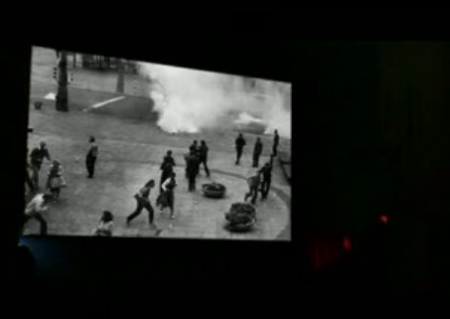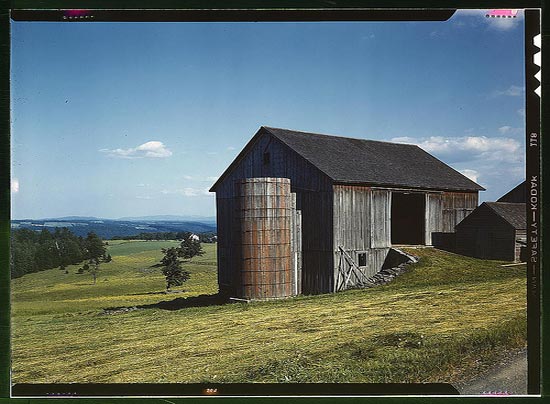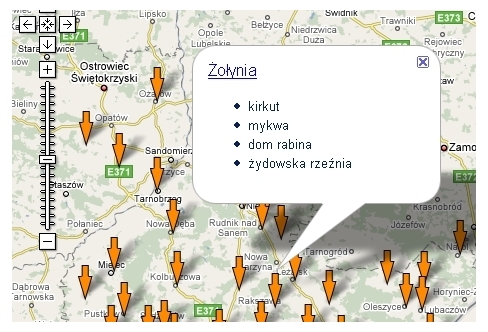
Vor zwei Monaten starteten wir den Versuch „babelblog“: Wir öffneten unseren Weblog einer international zusammengestellten Gruppe von Historiker/innen, die aus ihrer Perspektive über die Geschichtswissenschaften im digitalen Zeitalter berichten sollten. Nach zwei Monaten und acht Einträgen von drei Autoren wollen wir einen ersten Rückblick halten.
Mills Kelly berichtete von einem Projekt, das die Entwicklung von Hilfsmitteln zur Erschliessung grosser Textmengen von historischem Interesse zum Ziel hat, vom Versuch der Library of Congress, ihr Bildarchiv auf Flickr bereit zu stellen und mit kollaborativem Tagging erschliessen zu lassen, einem Wiki, das dem (vor allem US-amerikanischen) Archiv-Wesen gewidmet ist, und von einem OpenSource Software-Paket, das mit Web-2.0-Technologien das Erstellen von Ausstellungs-Websites ermöglicht, bzw. vereinfacht.
Marcin Wilkowski berichtete von zwei Projekten in Polen, die historische Sachverhalten mit Web-2.0-Technologien darstellen und stellte die Frage, inwiefern die Erinnerung public domain ist, bzw. ob ein Privatunternehmen Bildmaterial von historischen Ereignissen, die eine ganze Gesellschaft betreffen, zu Werbezwecken einsetzen darf.
Loudovic Tournes schliesslich stellt die provozierende Frage, ob im digitalen Zeitalter die althergebrachten Bibliographien überhaupt noch einen Zweck erfüllen.
Wir warten gespannt auf die nächsten Einträge und sind zuversichtlich, dass bald weitere Autor/innen mit eigenen Beiträgen auf sich aufmerksam machen werden.
—
In January we started our project „Babelblog“: we invited some historians from different parts of the world to join our blog and post about the historical sciences in the digital age from their point of view. After two months and eight posts from three contributors, we think it’s time for a first look back.
Since most of the posts are in english, we do without replicating them one by one. We would like to point out the post of Loudovic Tournes though, not because it’s the only one in french so far, but rather because he asks boldly, whether in the digital age compiling and maintaining bibliographies is still making sense, or whether new technologies make those pre digital techniques needless.
In any case we are looking forward to a lot more interesting posts, that will come up during the next months – not only from the contributors we already have read, but also from new ones.






